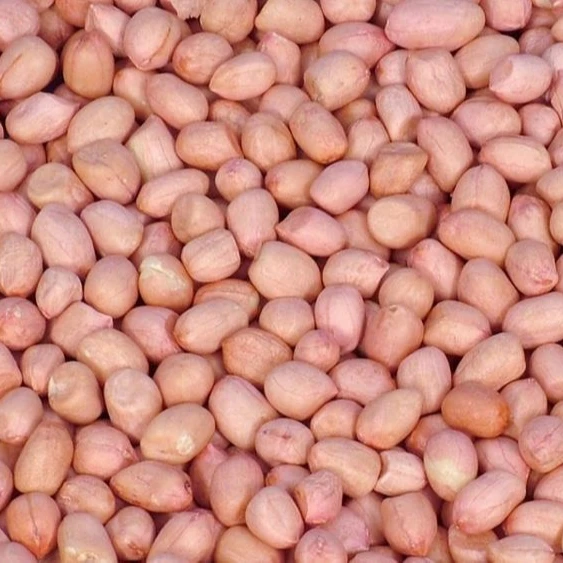

The purpose of this study was to determine the performance of peanut plants after being attacked by whiteflies.The research was carried out in 2019 using 10 peanut genotypes arranged according to a completely randomized design and repeated three times. The biotic attack of the whitefly Bemisia tabaci infestation on peanuts impacts the performance of the plant itself. Biotic and abiotic stresses are one of the barriers to peanut productivity. Peanut is one of the plants that are widely cultivated by farmers.

Peanuts, Whitefly, Plant Performance Abstract In population of GWS 18 A1 x GWS 79 A1 cross, from all F2 plants harvested, there were seven plants expected to be trangressive segregates which had total pod number more than the range of the best parent.Balai Penelitian Tanaman Aneka Kacang dan Umbi There were characters controlled by many genes or few genes with additive gene action, dominance, and epistasis effects (duplicates or complementary). Estimation of gene action for plant height, total number of pods, and seed weight per plant in segregating population showed different results among the two populations. Based on the total-pods, GWS 18 A1 x GWS 79 A1 was a potential segregating population to obtain high yielding cultivars. The results showed that there were different of genetic variability and heritability among the segregating populations. Besides, the gene action were estimated using skewness and kurtosis analysis of F2 distribution. The genetic parameters estimated were variance components and broad sense heritability. The field experiment was conducted from December 2013 - March 2014 at the Cikarawang experimental-field, Bogor, West Java (± 250 meters above sea level). The segregating populations were developed from cross between GWS 18 A1 with GWS 79 A1 and GWS 18 A1 with Zebra. This study was aimed to estimate genetic parameters in two groundnut segregating populations and to detect trasgressive segregate candidates of the best cross.


 0 kommentar(er)
0 kommentar(er)
